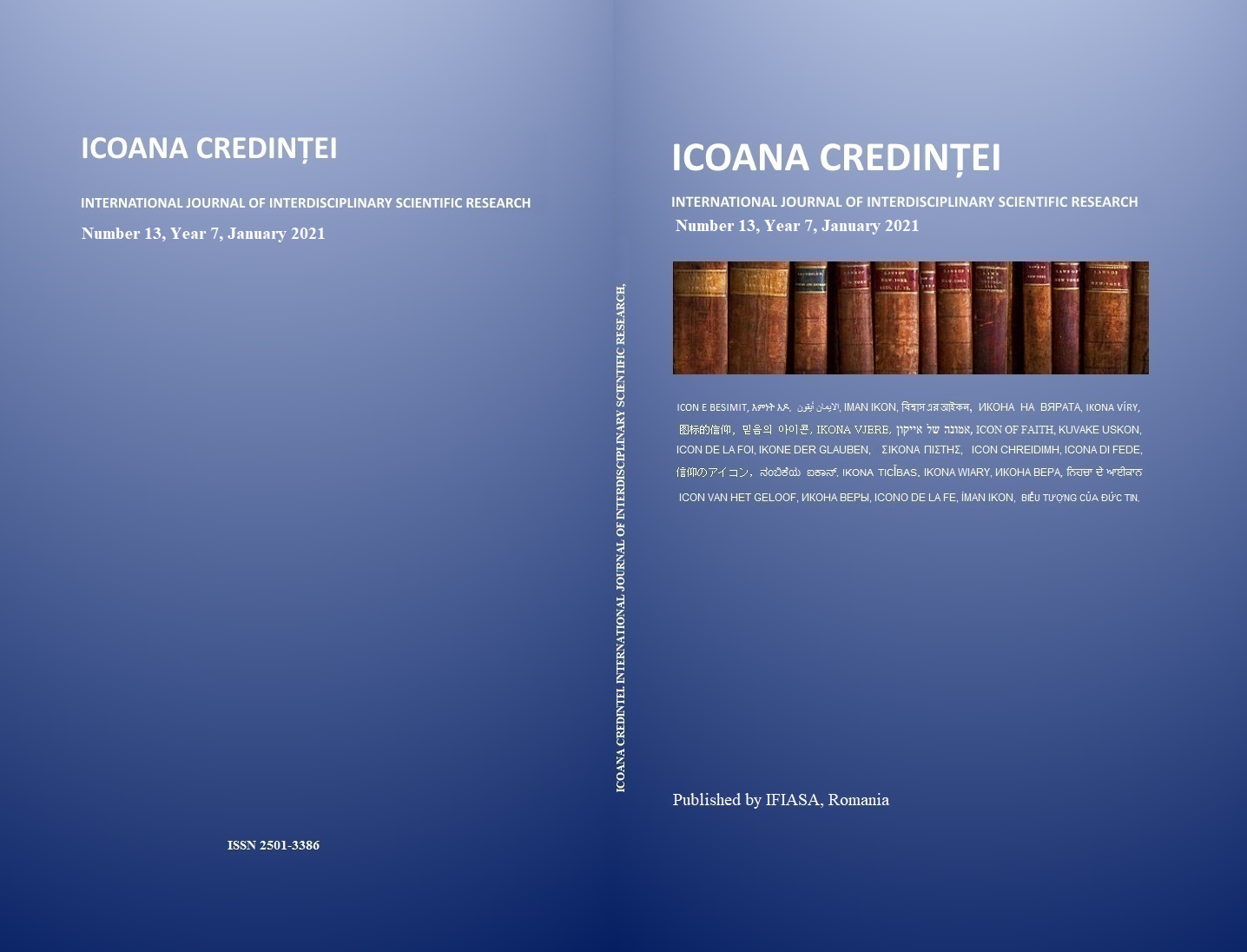THE PURPOSE OF THE WILDERNESS AND CELL IN THE PSYCHOLOGICAL SHAPING OF THE MONK
THE PURPOSE OF THE WILDERNESS AND CELL IN THE PSYCHOLOGICAL SHAPING OF THE MONK
Author(s): Florin ȘtefanSubject(s): Christian Theology and Religion, Theology and Religion
Published by: Ideas Forum International Academic and Scientific Association
Keywords: anchorage; Fathers of the wilderness; psychic and spiritual transformations; loneliness; spiritual performances;
Summary/Abstract: Anachoreism is a fascinating feature of Eastern monasticism. Many of the ascetictreatises, and especially the philocal collection, come from the heroic world of theanchorite monks who lived in uninhabited territories, wild but, above all, desertplaces. From the first centuries of the Christian Church, there are emblematicfigures of the anchorite monk in the Egyptian space, who retreated to the desert,such as St. Paul of Thebes, the first Egyptian hermit known by name. The premisefrom which our study starts is that the geographical places chosen by theChristian anchorites, in this case the desert, the mountain, the forests, the isolatedplaces, the caves, etc., predispose them to some psychospiritual transformationsthat they do not it could acquire (easily, or ever) in a very populated and stirredspace. We have chosen for analysis and interpretation two habitats very commonin the writings of the Desert Fathers: the desert (desert) and the cell. These two"special" spaces denote some characteristics that imprint special features in thepsychology and personality of the needy. Therefore, the main purpose of thisarticle is to present the psychological and practical significance of the retreat ofanchorites in the desert and in the cell, respectively, proving, at the same time,that loneliness is for the Fathers of the desert, the element without which it wouldnot have achieved so much spiritual performance in the inner space.
Journal: ICOANA CREDINTEI. International Journal of Interdisciplinary Scientific Research
- Issue Year: 7/2021
- Issue No: 13
- Page Range: 48-60
- Page Count: 13
- Language: English

